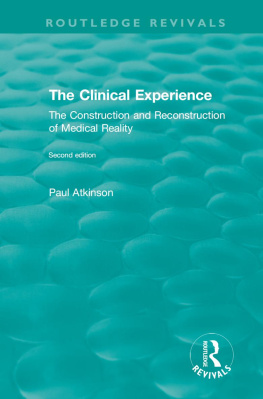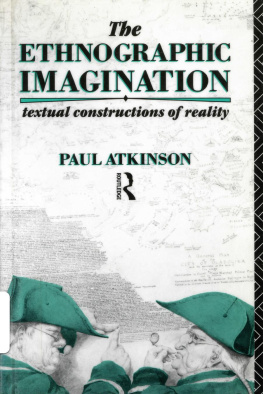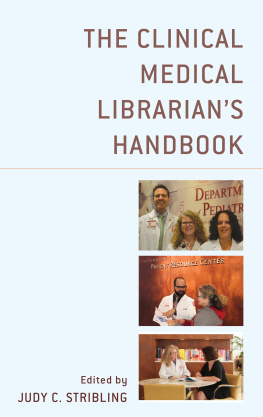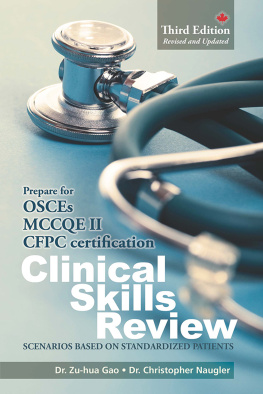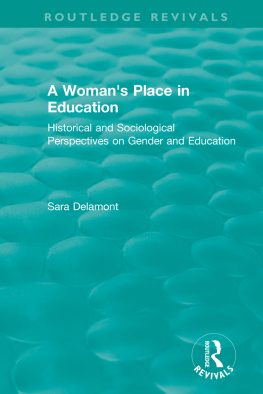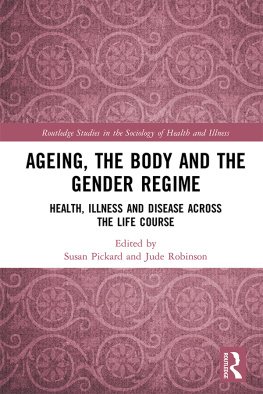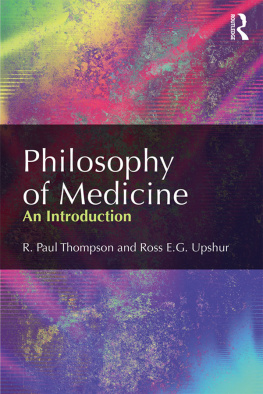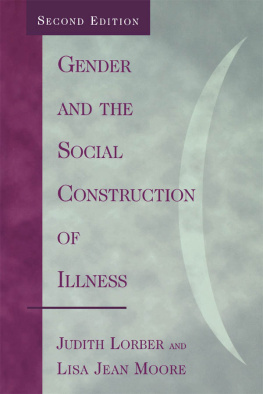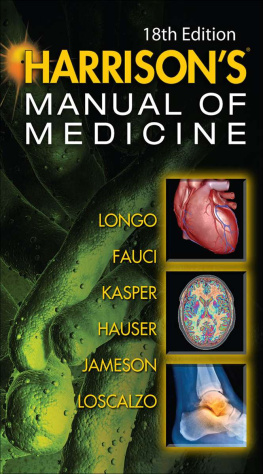Routledge Revivals
The Clinical Experience
This second edition, published in 1991 follows the original edition from 1981 which was the only published ethnography of medical education in the UK. The theoretical, methodological and substantive issues continue to be of importance to the sociology and anthropology of medicine and medical knowledge. Indeed, critiques of contemporary biomedicine and the growing interest in the sociology of the body have made its central concerns of even greater significance than when the first edition was published.
Covering topics including the clinical tradition, the social distribution of bedside knowledge, reproducing disease, and the clinical setting, this expanded edition builds on the success of the first and will interest researchers and clinicians in the fields of sociology, anthropology and medicine.
This book was originally published as part of the Cardiff Papers in Qualitative Research series edited by Paul Atkinson, Sara Delamont and Amanda Coffey. The series publishes original sociological research that reflects the tradition of qualitative and ethnographic inquiry developed at Cardiff. The series includes monographs reporting on empirical research, edited collections focussing on particular themes, and texts discussing methodological developments and issues.
First published in 1997
by Avebury, Ashgate Publishing Limited
This edition first published in 2018 by Routledge
2 Park Square, Milton Park, Abingdon, Oxon, OX14 4RN
and by Routledge
711 Third Avenue, New York, NY 10017
Routledge is an imprint of the Taylor & Francis Group, an informa business
1997 Paul Atkinson
All rights reserved. No part of this book may be reprinted or reproduced or utilised in any form or by any electronic, mechanical, or other means, now known or hereafter invented, including photocopying and recording, or in any information storage or retrieval system, without permission in writing from the publishers.
Publishers Note
The publisher has gone to great lengths to ensure the quality of this reprint but points out that some imperfections in the original copies may be apparent.
Disclaimer
The publisher has made every effort to trace copyright holders and welcomes correspondence from those they have been unable to contact.
A Library of Congress record exists under LCCN: 97073874
ISBN 13: 978-0-8153-8470-0 (hbk)
ISBN 13: 978-1-351-20355-5 (ebk)
The Clinical Experience
The construction and reconstruction of medical reality
Second edition
PAUL ATKINSON
School of Social and Administrative Studies
University of Wales, Cardiff
Paul Atkinson 1997
All rights reserved. No part of this publication may be reproduced, stored in a retrieval system, or transmitted in any form or by any means, electronic, mechanical, photocopying, recording or otherwise without the prior permission of the publisher.
Published by
Ashgate Publishing Ltd
Gower House
Croft Road
Aldershot
Hants GU11 3HR
England
Ashgate Publishing Company
Old Post Road
Brookfield
Vermont 05036
USA
British Library Cataloguing in Publication Data
Atkinson, Paul
The clinical experience : the construction and reconstruction of medical reality. - 2nd ed. -(Cardiff papers in qualitative research)
1. Social medicine 2. Clinical medicine - Social aspects
I. Title
306.461
Library of Congress Catalog Card Number: 97-73874
ISBN 1 85628 577 4
There are several reasons why I have brought out a second edition of this monograph. It has, of course, given me the opportunity to expand upon and improve (I hope) on the presentation of the empirical material contained in the first edition of 1981. There are issues that were contained in the original ethnography that for one reason or another did not feature in the first edition. It was a severely pruned version of my PhD thesis, and in the necessary editorial work that went into the production of a short monograph some material was lost that, in retrospect, might well have been included. In particular, for historical reasons that I have alluded to elsewhere (Atkinson 1992), the original doctoral thesis and the resulting monograph both under-reported work I carried out in observing the teaching of surgery. I concentrated most of my writing on the teaching of general medicine, despite having spent almost as long observing in surgical settings. This second edition has allowed me to go some way towards redressing the balance, and of introducing a modest amount of material that was previously unpublished.
Furthermore, the subject-matter of my original research still remains rather neglected in British sociology of medicine and of the professions. The social processes whereby medical work and medical knowledge are reproduced remain poorly documented. Whether or not ones academic colleagues believe (mistakenly) that is has been done, or that the subject is lacking in intrinsic interest, the fact remains that there has been little published in the vein of The Clinical Experience in the years since its first appearance. This is so despite the fact that recent developments in the sociology and anthropology of medical knowledge place such interests at the heart of the discipline. Since the original monograph has long been out of print, and the original edition ran to a short print run only, it seems to me that it is not only personal hubris that commends a new edition that may bring these issues to a new and wider readership.
In revising and expanding this edition, I have taken some general decisions on how to proceed. The data themselves are undeniably old, having been collected in the early 1970s, and partially published from then onwards. I have not pretended that the empirical materials are current: I have not tried to up-date the details of medical education in order to create the appearance of contemporary work in that substantive sense. I do not imagine, nor do I intend to imply, that medical education in Britain or elsewhere is timeless. On the other hand, I think that there is good reason to believe as I discuss more fully in what follows that many of the fundamental rituals and routines of clinical instruction have changed rather slowly. Indeed, there seems to be a massive cultural inertia that preserves and cherishes many of the features described here and in similar works. On the other hand, I have resisted the possibility of changing the entire monograph into the past tense. I have decided to maintain the use of the ethnographic present. I am aware of the dangers that such a textual practice entails. Its ideological and epistemological consequences have been explored by others (e.g. Fabian 1983). This practice, long associated with ethnographic writing in sociology and anthropology, can too readily convey the impression of a social world that is out of time. As I have suggested myself (Atkinson 1992) it is all too easy for the ethnographic monograph to collapse the concrete social action it reports into a kind of dream-time that mythologizes its subject-matter. On the other hand, the ethnographic present serves to reinforce the immediacy of the original ethnographic work. It recreates, sometimes vividly, the social scenes, actors and activities in a way that the distance of the past tense can never allow. Consequently I have allowed myself to retain the original, and well established usage of the present tense.

